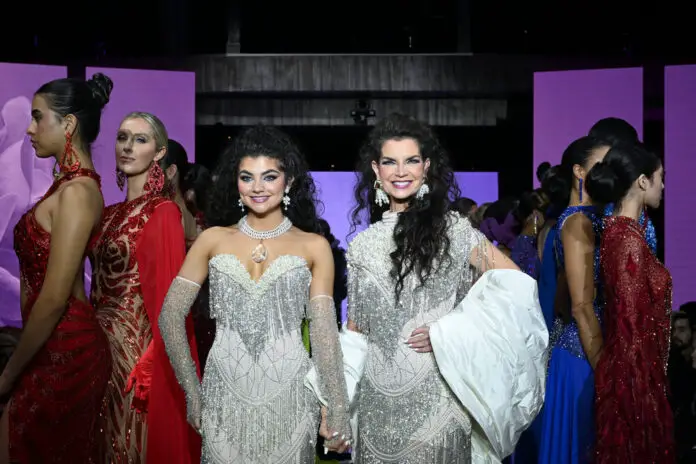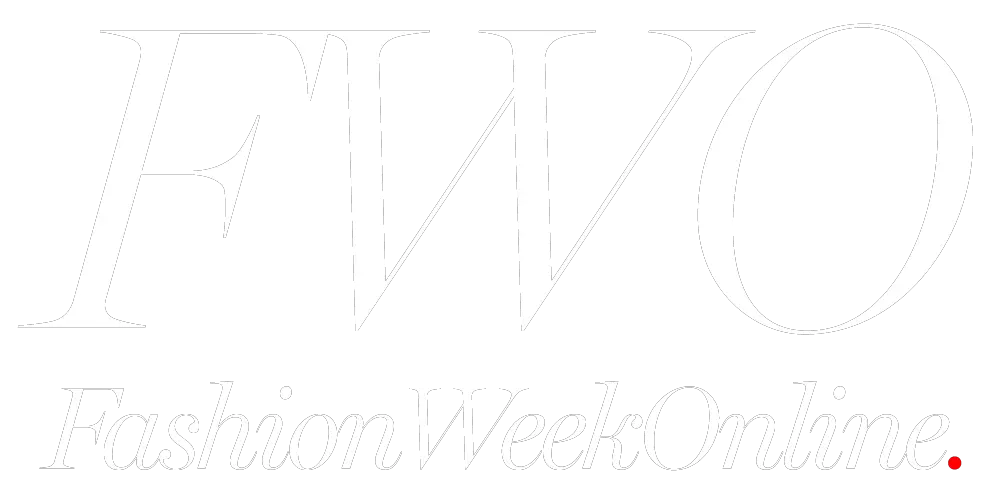The runway is a stage where creativity, innovation, and artistry come together in the fast-paced world of fashion. The fashion industry’s terrain is greatly influenced by runway fashion production, which is typified by glitzy exhibitions and intricate presentations.
These runway events serve as more than just exhibition spaces; they are catalysts for change and drivers of the industry’s evolution, shaping trends and defining brand identities. From unveiling new collections to pushing boundaries in design, the runway is where fashion’s most exciting moments unfold, inspiring and influencing both creators and consumers alike.
Establishing Trends and Promoting Innovation: Fashion trends originate from runway shows. Designers present their most recent collections, pushing the envelope and bringing in cutting-edge styles, materials, and methods. These tendencies seep from haute couture into ready-to-wear, impacting the global fashions that are accessible to consumers. Runway fashion is a creative haven where designers aren’t afraid to try new things and push the limits of what’s considered acceptable.
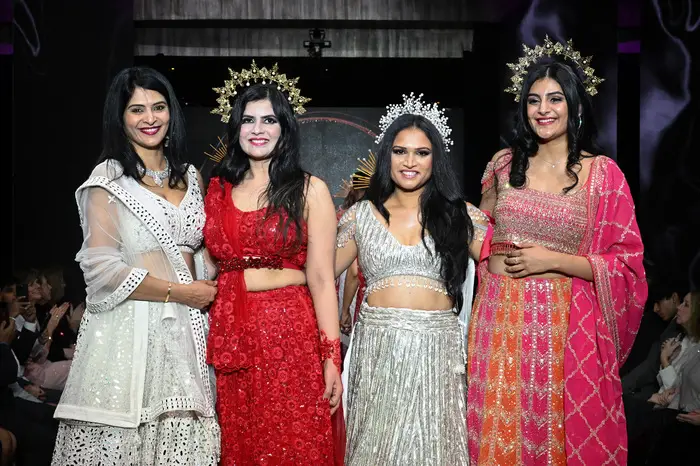
Developing Brand Image and Identity: Runway shows provide fashion brands with a platform to express their identity and vision, in addition to serving as clothes showcase. The brand’s image and reputation are shaped in part by the production values, styling, and runway presentation of collections. Runway fashion is vital in developing and reinforcing company identity, whether it’s the streetwear-inspired mood of a modern brand or the avant-garde look of a luxury label.
Publicity and Media Attention: The runway draws attention from the media as well as from influencers and fashion fans. Runway event coverage creates excitement about businesses and their collections, increasing their exposure and audience. The influence of runway fashion spreads through a variety of media, including social media, digital platforms, and traditional fashion periodicals. This promotes enthusiasm and participation both within and outside the business.
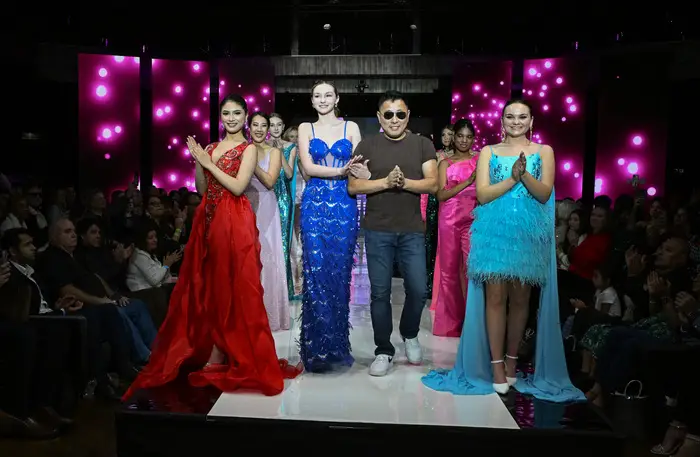
Increasing Revenue and Fostering Partnerships: Fashion firms may benefit commercially from runway displays, which go beyond the glitz and grandeur. Retailers and boutique buyers attend runway shows to make orders for future seasons, which propels the brand’s product sales and distribution. Runway events also function as networking centers, cultivating connections between buyers, designers, and other professionals in the business, opening doors for partnerships and collaborations that will influence the direction of fashion.
Global Influence and Creative Expression: At its foundation, runway fashion is an art form that provides a stage for narrative and creative expression. Designers can convey stories and ideas that go beyond fashion with runway shows, which combine aspects of drama, art, and culture with clothes displays. Furthermore, runway fashion is a worldwide phenomenon. Fashion capitals such as Paris, Milan, New York, and London host show that draw spectators and participants from all over the world, making them important venues for influencing global trends in fashion and promoting intercultural dialogue within the industry.
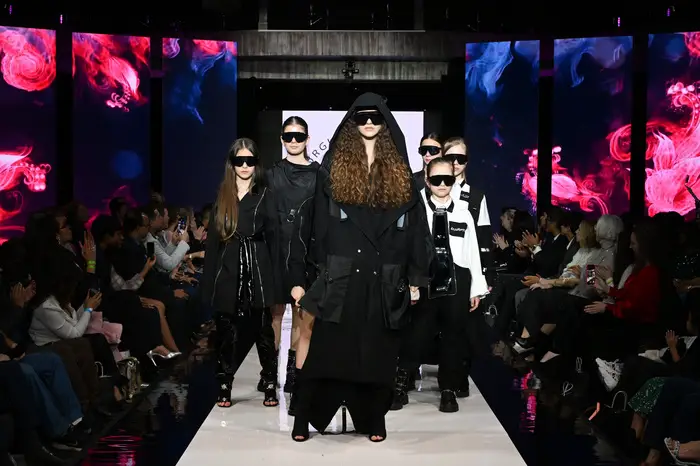
Overall, the manufacturing of runway fashion continues to be a dynamic force in the fashion industry, driving innovation, shaping trends, and influencing consumer behavior. If designers continue to push the envelope and challenge the status quo, the runway will remain a vital source of creativity and inspiration for generations to come.
New York Fashon Week (NYFW) Season 12, September 6th and 7th, 2024, at the Hard Rock Hotel Times Square. Casting for designers at https://www.hitechmoda.com/designer-application
In fashion,
February 6 & 7, 2024
NYFW hiTechMODA Season 12, Hard Rock Hotel Times Square
September 27 & 28, 2024
Paris Fashion Week hiTechMODA Season 3
##
Learn More
With love,
FWO


